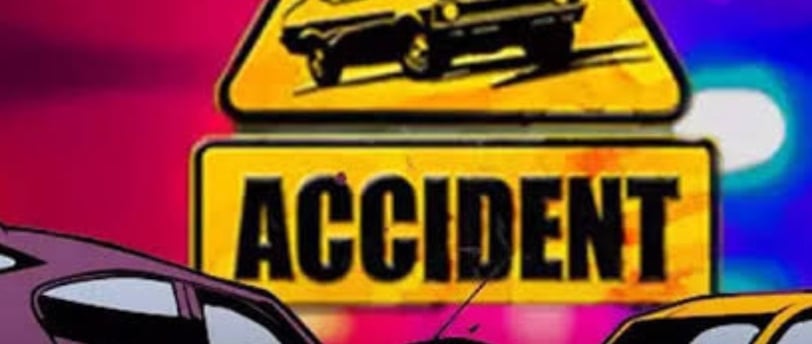Supreme Court Restores ₹50 Lakh Compensation for Family of Road Accident Victim, Criticizes High Court’s Lapses
Supreme Court reinstated a compensation award of ₹50,41,289 for the family of late Chakradhar Dubey, who tragically lost his life in a road accident in 2018. The bench, comprising Justice B.R. Gavai and Justice K.V. Viswanathan, overturned a Madhya Pradesh High Court order that had summarily set aside the award by the Motor Accident Claims Tribunal (MACT), Maihar, District Satna.
12/18/20242 min read


Supreme Court reinstated a compensation award of ₹50,41,289 for the family of late Chakradhar Dubey, who tragically lost his life in a road accident in 2018. The bench, comprising Justice B.R. Gavai and Justice K.V. Viswanathan, overturned a Madhya Pradesh High Court order that had summarily set aside the award by the Motor Accident Claims Tribunal (MACT), Maihar, District Satna.
Background of the Case
On June 18, 2018, Chakradhar Dubey, an Assistant Postmaster in Maihar, Madhya Pradesh, was traveling in a car driven by his friend. A speeding truck, bearing registration number MP-19-HA-1197, allegedly hit their vehicle near Sonwari Toll Plaza. The collision left Dubey severely injured, and despite treatment in Maihar and later in Nagpur, he succumbed to his injuries on June 28, 2018.
Dubey’s widow and son filed a claim for ₹59,30,000, citing his annual salary of ₹7,76,820 and other expenses. The MACT awarded ₹50,41,289 in 2021 after determining that the truck driver’s negligence caused the accident. However, the Madhya Pradesh High Court overturned this award in 2023, citing insufficient evidence to prove the involvement of the truck.
Supreme Court’s Analysis
The apex court scrutinized the High Court’s decision and found it flawed for several reasons:
1. Preponderance of Probability Standard: The Court reaffirmed that motor accident claims are decided on the principle of preponderance of probability, not beyond reasonable doubt. The evidence presented by the claimants, including eyewitness testimony and police records, was sufficient to establish the truck’s involvement.
2. High Court’s Failure to Engage with Evidence: The Supreme Court criticized the High Court for its cursory handling of the appeal. It noted that the High Court neither engaged with the MACT’s detailed findings nor analyzed key evidence, such as the FIR, witness statements, and the seizure memo of the truck.
3. Delay Explained Adequately: The Court accepted the claimants’ explanation for the delay in identifying the truck involved. The family was preoccupied with medical treatment and funeral rites before pursuing the investigation.
4. Eyewitness Testimony: The testimony of Sonu Shukla, who witnessed the accident, was deemed credible. He provided details about the truck’s registration and corroborated the sequence of events leading to the accident.
5. Insurance Company’s Inaction: The Court noted that the insurance company, despite alleging collusion between the claimants and the truck owner, failed to substantiate its claims or challenge the police investigation.
Restoring the Compensation
The Supreme Court reinstated the MACT’s award, concluding that the evidence sufficiently established the truck’s involvement. It emphasized that the claimants had discharged their burden of proof, and the insurance company failed to rebut their case effectively.
Observations on the Multiplier
The insurance company also challenged the multiplier of 11 used by the MACT to calculate the compensation, arguing that the deceased’s age was 58, not 55. However, the Court found no evidence to support this claim and upheld the multiplier applied by the tribunal.
Broader Implications
This judgment underscores the judiciary’s commitment to protecting the rights of victims and their families in motor accident cases. It highlights the importance of applying a balanced standard of proof, particularly when dealing with vulnerable claimants. The Court’s criticism of the High Court’s perfunctory order serves as a reminder that appellate courts must carefully review lower court decisions, especially in first appeals.
Conclusion
With this decision, the family of Chakradhar Dubey receives long-overdue justice. The Supreme Court’s intervention ensures that procedural lapses do not override substantive justice, offering hope to countless victims navigating India’s complex legal system.
